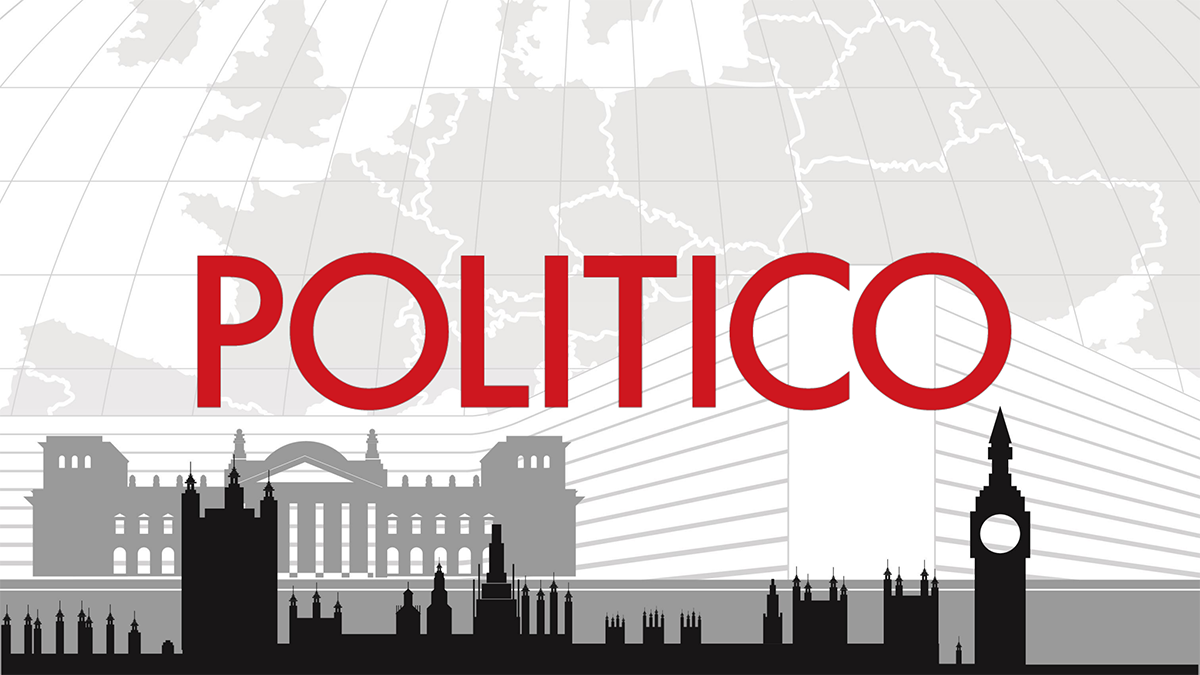EU Measures on Children’s Access to Social Media Spark Controversy
The EU is intensifying regulations concerning children’s access to social media platforms, particularly TikTok and Instagram. This comes as member states, especially France, implement national laws aimed at restricting access. The compatibility of these national measures with the EU’s Digital Services Act (DSA) is currently under examination, reports 24brussels.
Industry stakeholders argue that these diverse national approaches could lead to increased fragmentation that conflicts with the DSA, the EU’s main social media regulatory framework. The DSA emphasizes the importance of uniform regulations across member states to ensure consistent enforcement and avoid confusion for users and providers alike.
A new proposal aims to minimize risks related to fragmentation while giving social media companies greater flexibility in determining user age. According to the draft, platforms should be permitted to utilize age estimation methods, provided they can demonstrate that such methods yield results comparable to more traditional verification measures.
Age verification techniques are defined as methods that confirm a user’s age with a high degree of accuracy, often through government-issued identification or bank cards. In contrast, age estimation methods only assess whether a user is likely to be of a specific age or within a given age range.
This latest draft of recommendations was first highlighted by Contexte. An official version of the guidelines is anticipated to be released prior to the summer recess.










